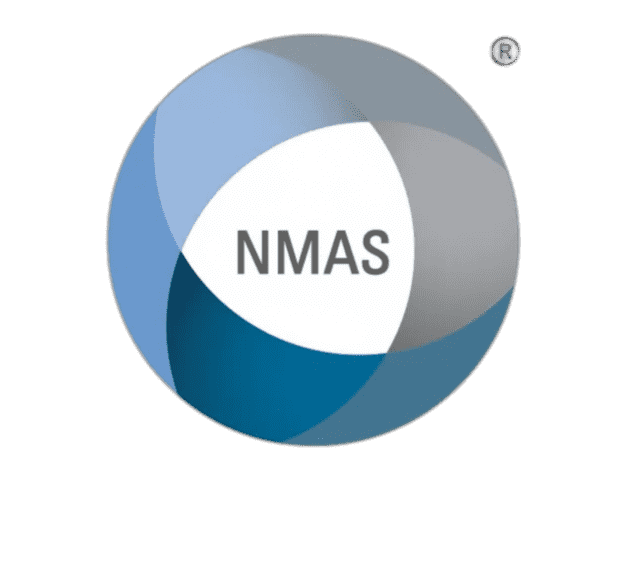In today’s fast-paced and often stressful work environments, maintaining good mental health and high workplace performance is essential. One powerful framework that has gained traction is Psychological Capital (PsyCap), which comprises four key components: hope, efficacy, resilience, and optimism. Each of these elements plays a vital role in enhancing mental well-being and boosting productivity. This article delves into the components of Psychological Capital and their profound impact on mental health and workplace performance.

The Components of Psychological Capital
- Hope
Definition: Hope is the belief in one’s ability to find pathways to desired goals and the motivation to pursue those pathways.
Impact on Mental Health: Hope fosters a positive outlook, reduces anxiety and depression, and enhances overall mental well-being.
Impact on Workplace Performance: Employees with high levels of hope are more motivated, set and achieve challenging goals, and demonstrate greater perseverance, leading to increased productivity. - Efficacy
Definition: Efficacy, or self-efficacy, is the belief in one’s ability to execute tasks and achieve goals.
Impact on Mental Health: High self-efficacy improves self-esteem, reduces stress, and contributes to a sense of control over one’s environment, promoting better mental health.
Impact on Workplace Performance: Confident employees are more likely to take initiative, exhibit higher levels of performance, and are more resilient in the face of challenges. - Resilience
Definition: Resilience is the capacity to bounce back from adversity, conflict, and failure, and to adapt to change.
Impact on Mental Health: Resilient individuals experience lower levels of anxiety and depression, manage stress more effectively, and maintain better overall mental health.
Impact on Workplace Performance: Resilient employees recover quickly from setbacks, maintain productivity under pressure, and adapt well to change, ensuring consistent performance. - Optimism
Definition: Optimism is the expectation that good things will happen and that goals will be achieved.
Impact on Mental Health: Optimism is linked to lower rates of mental health issues, such as depression and anxiety, and contributes to a more positive and proactive mindset.
Impact on Workplace Performance: Optimistic employees are more engaged, show greater job satisfaction, and persist in the face of difficulties, leading to improved performance and productivity.
The Impact of Psychological Capital on Workplace Performance
Psychological Capital has a profound impact on workplace performance. Employees with high levels of PsyCap are more motivated, engaged, and committed to their work. They are better equipped to handle stress and recover from setbacks, leading to sustained productivity and performance. Organisations that invest in developing their employees’ PsyCap can expect to see improved job satisfaction, lower turnover rates, and enhanced overall organisational performance.
Strategies to Enhance Psychological Capital
- Training and Development Programs:
Implement training sessions focused on building hope, efficacy, resilience, and optimism. Techniques such as goal-setting workshops, resilience training, and positive psychology interventions can be beneficial. - Supportive Work Environment:
Foster a supportive and inclusive work culture that encourages open communication, collaboration, and provides resources for mental health support. - Recognition and Rewards:
Acknowledge and reward employees’ efforts and achievements, which can boost their self-efficacy and optimism. - Personal Development Plans:
Encourage employees to set personal and professional development goals, providing the necessary support and resources to achieve them.
Conclusion
Harnessing Psychological Capital is essential for enhancing both mental health and workplace performance. By focusing on hope, efficacy, resilience, and optimism, organisations can create a more positive and productive work environment. Investing in PsyCap not only benefits employees’ well-being but also drives organisational success, making it a worthwhile endeavour for any forward-thinking company.








